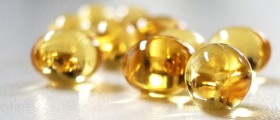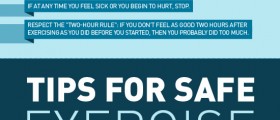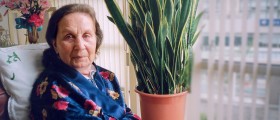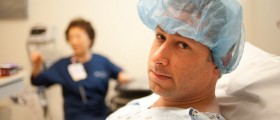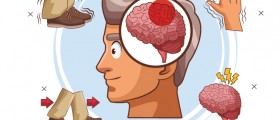Hey,
My Mum has a mental, ummm Deasese/Disorder called Huntingtons Deasese.
I already know about how i have the chance of getting it or becoming a carrier (i pray they will be a cure by time it's time to find if i have it),
But, Could anybody explain to me actully what it does, Ive looked on stuff like google, But im only 14, i dont understand words like "Psychomotor function".
So, Anyone able to help me in words i may understand?
My Mum has a mental, ummm Deasese/Disorder called Huntingtons Deasese.
I already know about how i have the chance of getting it or becoming a carrier (i pray they will be a cure by time it's time to find if i have it),
But, Could anybody explain to me actully what it does, Ive looked on stuff like google, But im only 14, i dont understand words like "Psychomotor function".
So, Anyone able to help me in words i may understand?
Loading...
Hi! I am very sorry to hear about your mother’s problem. Unfortunately, it is a very disabling disease in which the cells of brain die. Brain cells cannot regenerate or they do it very, very slowly, so improvement is impossible. There is nothing that could stop the progression of the disease.
The treatment consists of controlling the symptoms of the disease, by taking medications, or having speech therapies depending on the symptoms. The most common EARLY symptoms of the disease include balance problems or clumsiness or facial tics or grimacing. Also, irritability, anger or depression but these could be natural responses to certain situations or symptoms of other disorders. Don’t get scared if you sometimes notice these symptoms in you because we all may feel a bit of balance or clumsy when tired or under a lot of stress. You are too young to have such problems but in ten years time you may experience tiredness from work or other situations.
Although you have 50% chances of developing the disease, it doesn’t necessarily mean that you inherited this gene from your mother and it doesn’t have to mean that you will develop the disease.
When the disease develops and the brain cells start wasting away, the symptoms patients may experience are emotional disturbances, uncontrolled movements and mental deterioration. The severity of symptoms patients experience are dependent on the degree of the loss of nerve cells but they develop slowly.
The treatment consists of controlling the symptoms of the disease, by taking medications, or having speech therapies depending on the symptoms. The most common EARLY symptoms of the disease include balance problems or clumsiness or facial tics or grimacing. Also, irritability, anger or depression but these could be natural responses to certain situations or symptoms of other disorders. Don’t get scared if you sometimes notice these symptoms in you because we all may feel a bit of balance or clumsy when tired or under a lot of stress. You are too young to have such problems but in ten years time you may experience tiredness from work or other situations.
Although you have 50% chances of developing the disease, it doesn’t necessarily mean that you inherited this gene from your mother and it doesn’t have to mean that you will develop the disease.
When the disease develops and the brain cells start wasting away, the symptoms patients may experience are emotional disturbances, uncontrolled movements and mental deterioration. The severity of symptoms patients experience are dependent on the degree of the loss of nerve cells but they develop slowly.
Loading...
Thanks, Yeah, i learnt bout the chance i may not have inheritet from Biology in science.
Loading...




